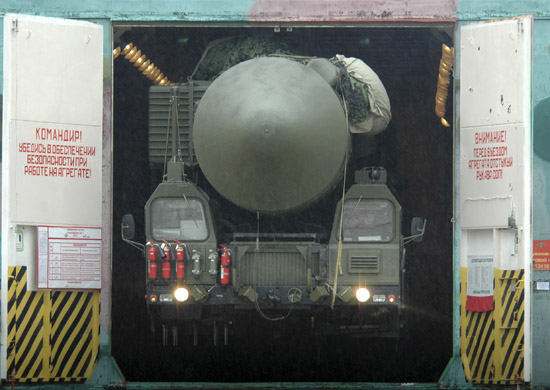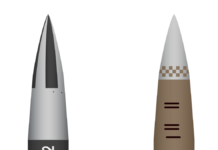Russia’s advancements in military technology, particularly in the realm of space and nuclear capabilities, represent a transformative shift in global security dynamics. In recent years, Russia has unveiled several ‘super weapons’, showcasing its commitment to maintaining a competitive edge in modern warfare. Among these advancements, particular attention has been given to Russia’s nuclear-capable systems designed for strategic and sub-strategic operations, reflecting a nuanced approach to deterrence and power projection.
The RS-28 Sarmat intercontinental ballistic missile (ICBM) and the Avangard hypersonic glide vehicle exemplify Russia’s efforts to innovate within its nuclear arsenal. The Sarmat, a super-heavy, liquid-fueled ICBM, is expected to replace the Soviet-era RS-36M Voevoda, enhancing Russia’s strategic missile forces with a system capable of carrying a diverse payload to overcome ballistic missile defenses. Its development signifies Russia’s intention to safeguard its long-range strike capabilities, with features designed to evade missile defense systems by approaching targets via unconventional trajectories.
Concurrently, the Avangard system represents a fusion of legacy ICBM technology with contemporary hypersonic glide vehicle advancements. This combination underscores Russia’s pursuit of systems that can maneuver at high speeds to bypass defense mechanisms, thereby complicating adversaries’ response strategies. The Avangard’s development, marked by a series of successful tests, illustrates Russia’s focus on leveraging high-speed, maneuverable warheads to ensure its strategic deterrent remains credible and unassailable.
Russia’s space capabilities, as outlined in the 2023 Space Threat Assessment by the Center for Strategic and International Studies (CSIS), further highlight the nation’s ambition to extend its military influence beyond terrestrial confines. The report details Russia’s deployment of counterspace weapons and the utilization of space assets in the context of the Ukraine conflict, demonstrating the critical role that space technology plays in contemporary military operations. Russia’s actions in space, particularly its counterspace activities, signal a readiness to challenge US and allied interests in this domain, underscoring the strategic importance of space in national security calculations.
These developments have profound implications for global security, necessitating a nuanced understanding of Russia’s military strategy and capabilities. The emergence of these ‘super weapons’ and the expansion of Russia’s space operations reflect a broader trend towards the militarization of new domains, challenging existing paradigms of international security and strategic stability. As Russia continues to innovate and deploy advanced military systems, the global community must remain vigilant, fostering dialogue and cooperation to mitigate potential threats and ensure a stable, secure international order.
Image is licensed under the Creative Commons Attribution 4.0 International license and was created by Ministry of Defence of the Russian Federation.









